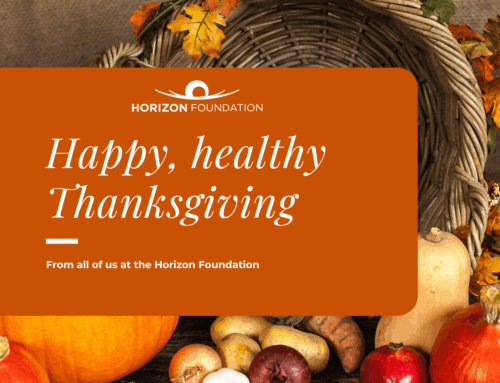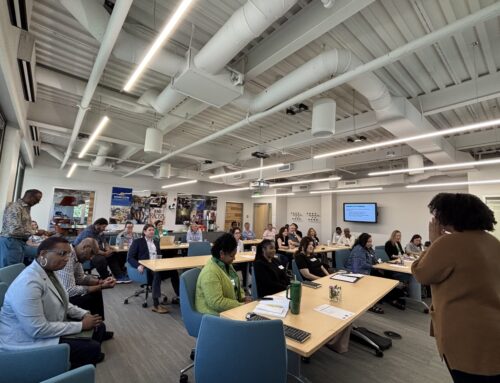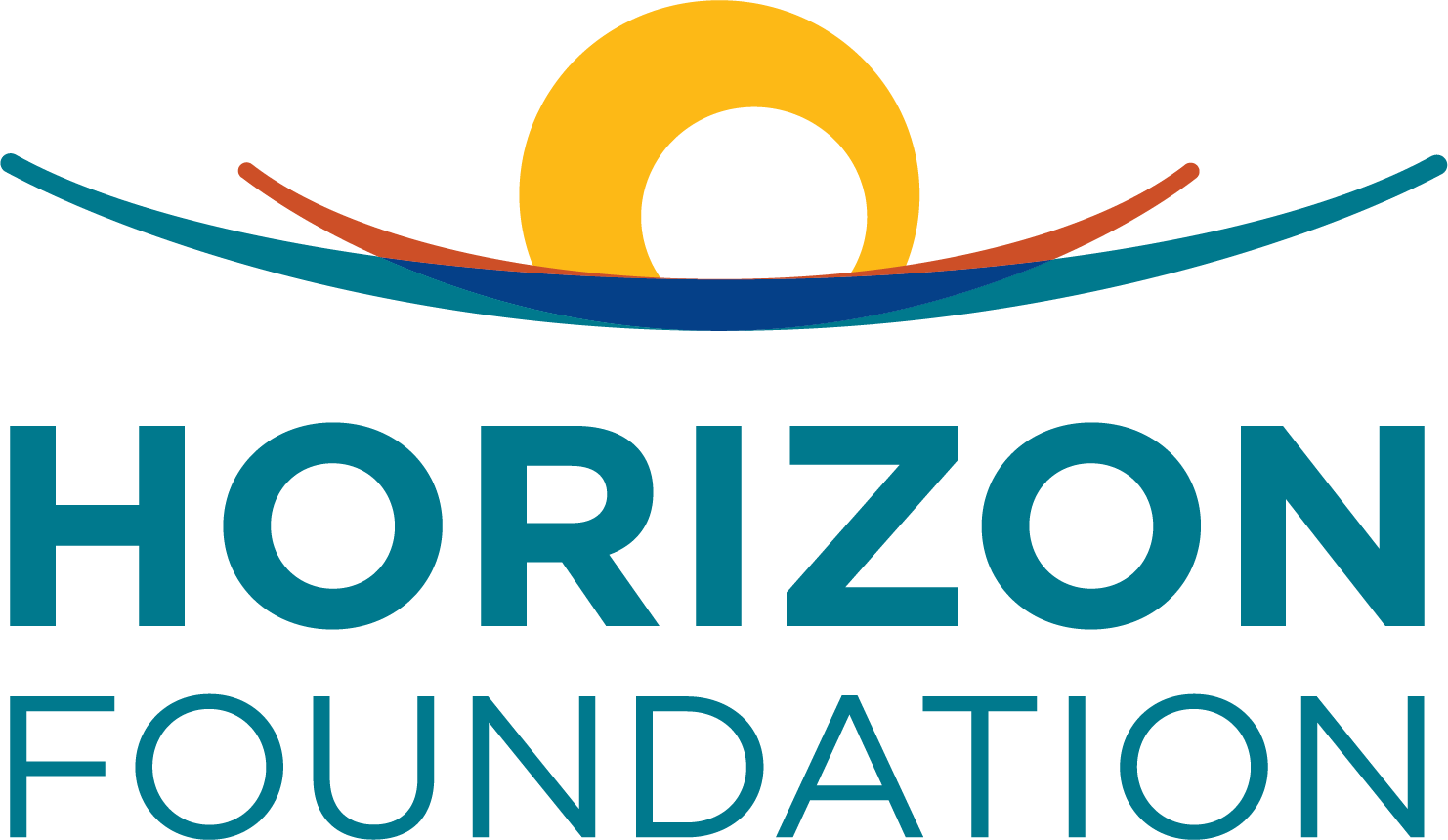Last month, we were thrilled to host our first convening of our “New Grantee Experience” – a series of gatherings where our grantees across various issue areas will come together to build relationships and learn from one another, as well as receive training and other capacity-building support. The goal of this experience is not only to help them achieve the outcomes they want to see from their grant, but to strengthen community with and among each other so we can collectively build the change we want to see in Howard County and beyond. Read more below in our conversation with our program director and grants extraordinaire, Kenitra Fokwa, to learn more about our first convening and where we hope it will go in the future.
How has the Foundation been rethinking its approach to grantmaking? Why?
KF: As we were going through our most recent strategic planning process, we wanted to make sure that our internal processes aligned with what we were trying to do out in the community. One of our “north stars” was to practice trust-centered philanthropy: a holistic approach to grantmaking that is rooted in shared values and true partnership with grantees, where grantees not only provide input but co-create programs and policy solutions that achieve our joint vision of social change. In short, how do we truly center the grantee in our approach? We recognize that as a funder, we have a lot of privilege. We are aiming to share that privilege with grantees and get out of the transactional nature that is so common in philanthropy. Some tangible ways of doing that include shortening our applications, changing our approach to reporting (check in conversations as opposed to long grant reports) and providing unrestricted operating funds. We want our grantees to know that we see their value in our community and want to strengthen our community together. We want to do that in ways that go above and beyond the money, and truly give them the support they need to build their capacity and create systemic change.
What is the goal of the new grantee experience?
KF: We want to co-create solutions together and help them strengthen their advocacy and organizing muscles, grow their racial equity capacity and build community. And this can only happen when community leaders are authentically in relationship with others. So, one of the key goals of these gatherings is to deepen our relationships with our grantees and to deepen their relationships with each other. There are many leaders who may know each other in passing, but have not yet worked together in true partnership. Our hope is that these convenings provide the supports our grantees need outside of the funding. We don’t want to dictate the outcome. Yes, we provide funding, but we also want to provide other tools and resources they need so they can best serve their members, clients and the greater Maryland community.
Tell us about the first convening. What was the focus? What was the feedback from those who participated?
KF: We spent much of our first convening on the relational component for the people in the room so they could get to know each other personally, and not just what their organizations do. We had great attendance and were really happy with how quickly people warmed up and were engaging with each other. Our consultants also helped us set the tone and get everyone to a place where they felt ready and able to share. We know that this is a different experience for so many people so folks were still feeling out what these convenings are all about and what the “deliverable” is. Truly, the process is the deliverable here – learning and unlearning the grantmaking process. But again, we recognize that this is a different approach to grantmaking that is very new both to our grantees and to the Foundation. We’re committed to exploring and figuring it out as we go, together.
Can you preview any of the future sessions? What are some topics that grantees will be learning about and engaging in moving forward?
KF: All of the sessions will have a relational component that will focus on deepening relationships with one another. We also have consulants who will help with building organizations’ racial equity capacity and training to guide them along that journey. Ahead of the first convening, we also had our grantees complete an advocacy assessment tool that gave us some insights into what our grantees felt they needed help with the most and what they wanted to work on in the future. From that, we discovered they had a lot of questions about media advocacy and messaging, so I believe we will have some training dedicated to those areas. We definitely want to hold space to respond to whatever the grantees need and are experiencing in the moment, especially during these uncertain times for nonprofits and the people they serve.
To that point, there’s a lot of uncertainty right now in the nonprofit community and in the world of philanthropy in general. How is the Foundation’s approach to trust-centered philanthropy attempting to meet this moment?
KF: Everything is built on relationships. We are currently doing a lot of listening and learning from our grantees to understand what their needs are in this moment and what they think they might be facing in the future. We are also trying to learn from other funders about how they are approaching this challenge and connect different organizations together. But we also want to be clear and upfront about expectations – if the drastic social service cuts we are anticipating from the federal government’s budget bill come to pass, the philanthropic community does not have the collective resources to fill that likely immense service gap. Our goal now is to understand what the needs are in our nonprofit community both organizationally and for the people they serve, how we can provide tools to help them prepare for the future and support organizations’ capacity in areas such as crisis communications, planning and more. Most importantly, we want our nonprofit community to know that the Horizon Foundation stands with them and that we will try and support them as best we can so that everyone in Howard County can live a healthy and abundant life.
We are also currently thinking through our grantmaking priorities for 2026. Stay tuned for more information about opportunities to get involved!





